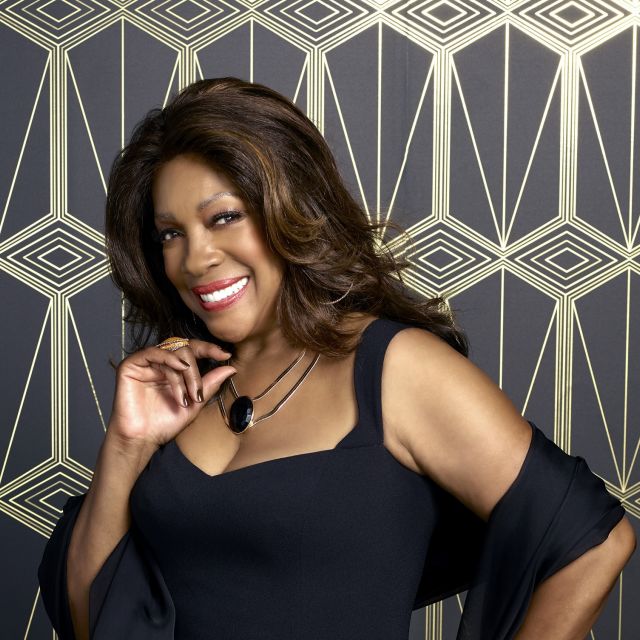
On Monday, February 8th, Mary Wilson, a founding member of The Supremes, sadly passed away at the age of 76. Along with being apart of one of the most successful vocal groups of all-time, she was also considered a style icon and activist.
Billboard published her final interview, where she discusses the challenges of touring during the days of segregation. She also draws comparisons to the civil rights movement of the 60s with what is currently taking place with the Black Lives Matter protests.
“The first time, in the ’60s, when we were marching with Martin Luther King, it was really wonderful. His whole premise was peace. Today, what I’m seeing is that people are marching and they’re protesting and the people who are doing that are peaceful. There are always people who are in there to disrupt certain things. That part of it is not happy. Even back then, people were marching and police were siccing wild dogs on them. I just hope we can get this done — move onto the next phase of evolution of human living on this earth, and we can do it without much violence. I’m 76. I don’t want to see violence at all, period. But sometimes there is violence.”
“I do want things to change so that people will not feel like I had to feel when I was growing up — that I was not good enough, that I was not human. This is in our lifetime. This is in your lifetime. It’s time to get beyond it.”
The Supremes weren’t known for being a political group, but at times their music did touch upon social themes. One notable example was their 1970 hit “Stoned Love.” It was recorded after Diana Ross left the group.
This anti-Vietnam War protest song was a plea for peace and love. Lyrics such as “Put the present time at hand. Aww yeah–and if you’re young at heart. Rise up and take your stand” equally resonate with the widespread protests, which young ones are often taking the lead in.
A few days before her death, Wilson posted a video expressing her excitement for Black History Month. She also discussed a previously unreleased 70s solo album and some new songs that she was hoping to release on her birthday March 6. She was planning on posting a series of videos that were going to highlight significant events that happened to her during February.
Black History Month is an appropriate time to revisit the musical legacy of Mary Wilson and The Supremes.